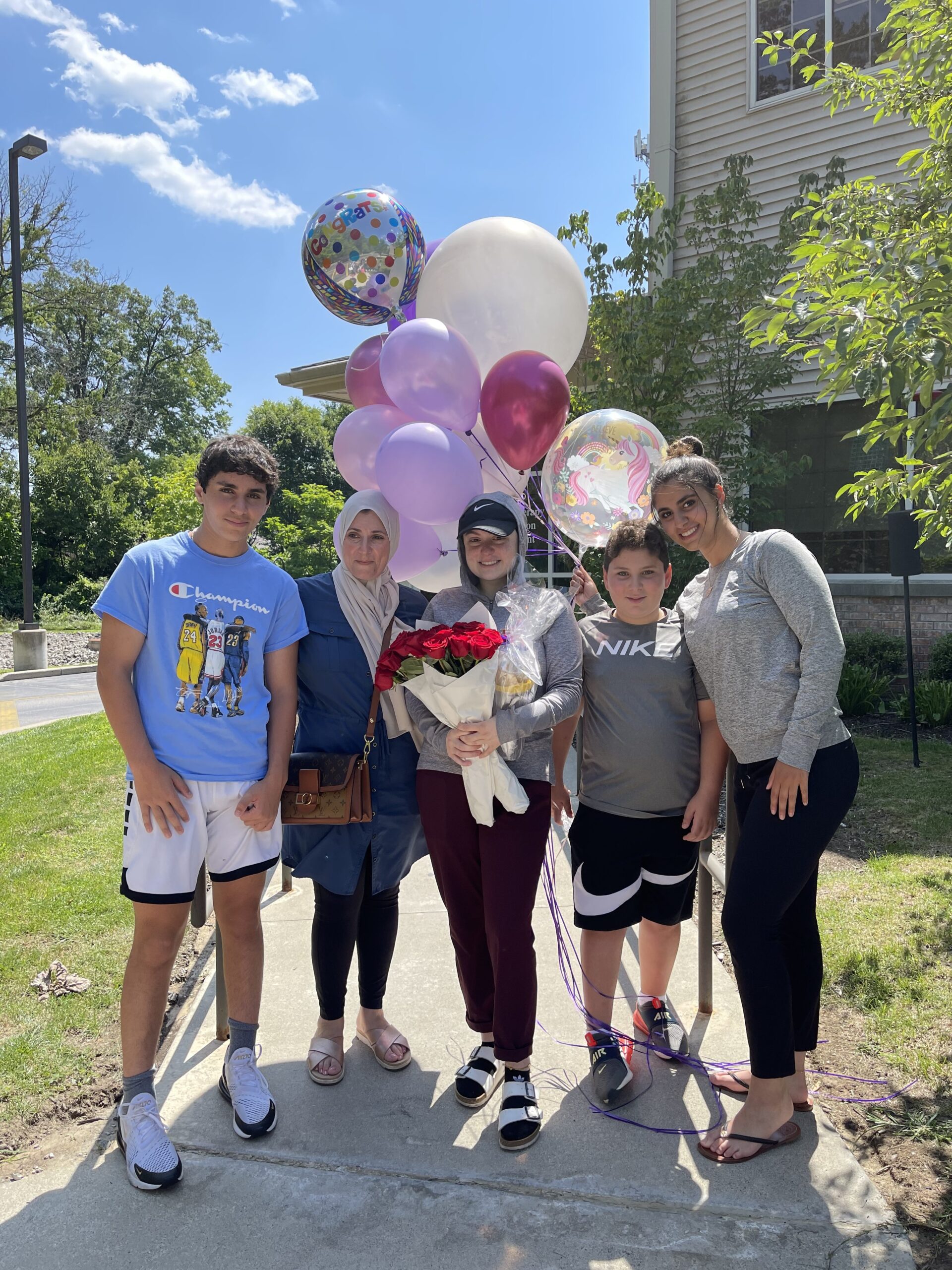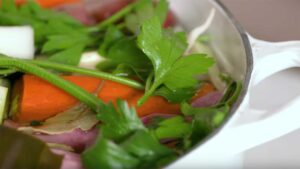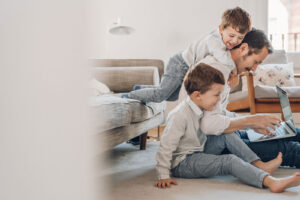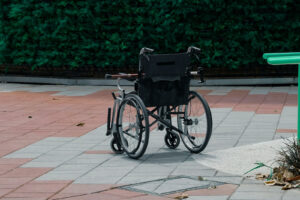Throughout the COVID-19 pandemic, many of our normal daily routines slowed down or even became obsolete. Some of us used the time to pick up a new hobby, spend time with loved ones or just do our best to survive and look after our health. During quarantine, I began to pay attention to my health and body in ways I never took the opportunity to before. After scheduling various consultations and going through a long ordeal of referrals, tests and poking and prodding, my doctor told me they had discovered pre-cancerous growths after one of my procedures.
This news came as a shock to me. The type of cancer I was at risk for was normally found in people older than 50—and I was only 20. Apparently, this experience was becoming more common.
According to the American Cancer Society, cancer is the fourth leading cause of death among young adults, and one of its studies shows that cancer rates in young adults have increased over the years. My experience and these statistics had me questioning how many other Gen Z “Zoomers” were at risk of developing cancer, or could have cancer without even knowing it. Moreover, how could a young adult or teenager cope with cancer once they’ve been diagnosed?
Loyola University student and cancer warrior Manar Kashk has some experience to draw from.
Kashk first noticed a small lump under her earlobe while visiting home in January of 2021. She showed it to her dad, a physician. He asked her a few questions but thought little of it, recommending that they wait a couple of months to follow up. Kashk says she developed a fever that night, but after taking Tylenol, she felt fine and returned to campus in Chicago shortly after.

But the lump didn’t go away. In fact, over the next month, it only continued to swell while Kashk became increasingly sick in addition to losing weight rapidly. But due to school, stress and exercise, Kashk pushed it aside until her parents came to visit her in Chicago. Upon seeing the change in the swollen lymph node, Kashk’s dad grew concerned and told her to visit an ENT specialist.
Kashk’s doctors speculated about everything from autoimmune diseases to the mumps, despite her being vaccinated. “Everyone’s in denial that it’s cancer because I’m very young,” she says. “And I’ve never had any family history of it.”
Soon enough, she was scheduled for a fine needle biopsy with a pathologist who was hoping to give a preliminary diagnosis. Kashk was with her mother when the doctor quietly confirmed her fears—she was suspected to have Hodgkin lymphoma.
Kashk says the next month of her life consisted of nonstop doctor appointments, additional biopsies and surgeries for further testing—all the while never quitting her studies. She was typically the youngest person receiving treatment in the hospitals she visited and due to COVID-19, she was often alone and not allowed visitors.
Gen Z may not think about their health often due to their age—but this can be misleading as cancer rates continue to affect younger demographics.
Kashk began chemotherapy in April and finished in July, while also undergoing a clinical trial with the Cleveland Clinic in hopes of avoiding pulmonary fibrosis as a side effect of treatment. She was thankfully declared cancer-free and now regularly goes in for checkups, but the diagnosis has left a lasting impression on her outlook of life.
“When I first got [the diagnosis], it was like an emotional roller coaster,” says Kashk. “Some days I was OK, and I just didn’t think about it and kind of went along with my day. Other days I would just sit in bed all day and stare at the wall. I don’t think I ever questioned why it happened to me. I just took it like, ‘OK, this is just another thing to add to my story to make me a stronger person.’”
Reflecting on her journey, Kashk recognizes the importance of mindset. “The one thing I really learned through it was that it’s all a mental game,” Kashk shares. “Ninety percent of it is a mental game; it’s all in your head. Ten percent of it is going through treatment.”
When it comes to the most unexpected part of her journey, Kashk says she’s proud of how well she handled the unexpected diagnosis. “I didn’t want to be defined by my illness. I didn’t want it to take over my life,” she says. “I don’t want to waste time; I’m so young, and I know I still have so much time.”
Gen Z may not think about their health often due to their age—but this can be misleading as cancer rates continue to affect younger demographics. Kashk stresses the importance of taking on a proactive role when it comes to your well-being.
“The number one thing is to listen to your body. Don’t come up with excuses if you feel like something’s off. Make sure you fight to get answers,” she says. “A lot of doctors brush you off, saying, ‘No, it’s in your head, it’s nothing, relax.’ But if you feel like one small thing is off, go get a checkup, go get bloodwork. Do whatever’s in your power.”
“And don’t let it take over your life,” she adds. “You’re not defined by your illness. Do what you love, and it’ll teach you to appreciate all the little things in life.”
Nowadays, Kashk says she appreciates getting flowers much more than she used to and is looking forward to catching up on the traveling she missed out on. Through sharing stories like Kashk’s, we can spread awareness, education and resources for young people who may be up against a battle they never knew was a possibility.







